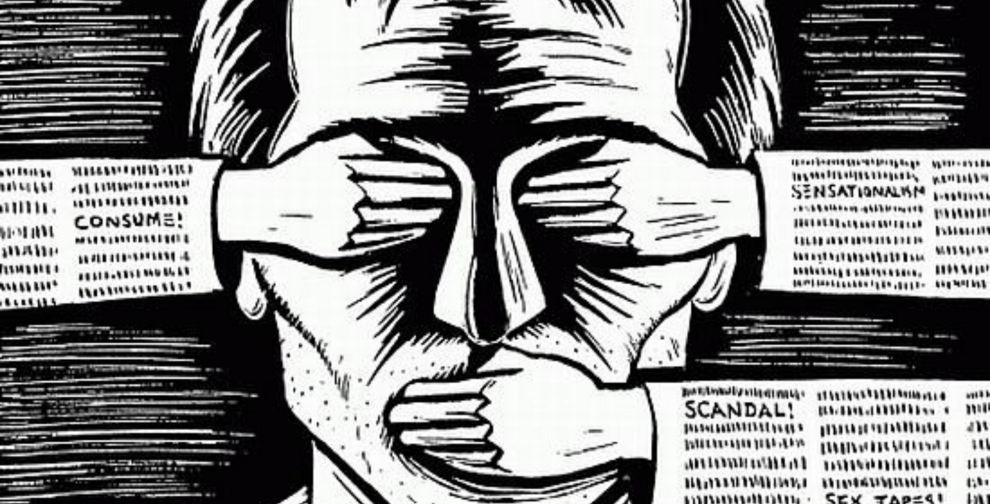In the digital age, political campaigns have evolved, shifting from traditional mediums to online platforms. While this transition offers new avenues for engagement, it also presents a growing concern: the lack of regulation surrounding online political advertisements. As the 2024 U.S. presidential election heats up, the unchecked nature of these ads poses a significant threat to the democratic process.
A Regulatory Vacuum
Unlike television and radio ads, which are subject to strict disclosure requirements under the McCain-Feingold Act, online political ads operate in a regulatory vacuum. Social media giants like Facebook, X (formerly Twitter), and Instagram have become central battlegrounds for political campaigns, yet they lack the transparency mandated for traditional broadcast media.
This lack of oversight allows advertisers to exploit sophisticated microtargeting techniques, tailoring messages to specific voter demographics based on their personal data. The result is a barrage of highly personalized ads that can be difficult to trace back to their source, leaving voters vulnerable to manipulation and misinformation.
The Dangers of Microtargeting
Microtargeting, while a powerful tool for reaching specific audiences, raises serious concerns about the integrity of elections. By crafting messages that resonate with individual voters’ beliefs and biases, campaigns can manipulate opinions and influence voting behavior in ways that are difficult to detect.
Moreover, the lack of transparency in online political advertising makes it challenging for voters to discern who is behind the ads they see. This opacity can obscure the true intentions of political actors and make it easier for foreign entities to interfere in elections.
The Impact on Democracy
The unregulated nature of online political ads has far-reaching consequences for democracy. It erodes public trust in the electoral process, fuels polarization, and amplifies the spread of misinformation. When voters are bombarded with misleading or false information, it becomes difficult to make informed decisions based on facts.
Furthermore, the lack of accountability for online political ads creates an uneven playing field for candidates and campaigns. Those with deeper pockets can afford to saturate the online landscape with their messages, potentially drowning out the voices of their opponents.
Calls for Reform
Advocates for campaign finance reform have long called for greater regulation of online political advertising. They argue that transparency and disclosure requirements are essential for ensuring a fair and democratic election process.
Some proposals include requiring social media platforms to maintain public databases of political ads, disclosing the source of funding and the target audience for each ad. Others suggest implementing stricter rules on microtargeting, limiting the amount of personal data that can be used to tailor political messages.
The Path Forward
As the 2024 election approaches, the issue of unregulated online political ads is becoming increasingly urgent. Lawmakers and tech companies must work together to find solutions that protect the integrity of elections while respecting freedom of speech.








